September is National Cholesterol Education Month! This is a great time to get your blood cholesterol checked and to learn about healthy food and lifestyle choices that help you reach and maintain personal cholesterol goals.
Cholesterol is a waxy, fat-like substance found in your body as well as in many foods. Your body actually needs cholesterol to function properly and makes all that you need. Too much cholesterol can build up in your arteries. After time, these deposits can narrow your arteries, which then places you at risk for heart disease and stroke.
The following chart shows what a healthy cholesterol panel should look like:
| Desirable Cholesterol Levels | |
|---|---|
| Total cholesterol | Less than 170 mg/dL |
| Low LDL (“bad”) cholesterol | Less than 110 mg/dL |
| High HDL (“good”) cholesterol | 35 mg/dL or higher |
| Triglycerides | Less than 150 mg/dL |
More than 100 million American adults (20 years or older) have total cholesterol levels at or above 200 mg/dL. More than 35 million of these people have levels of 240 mg/dL or higher, which puts them at a high risk for developing heart disease.
Elevated cholesterol levels typically don’t have any symptoms. As a result, many people do not realize that their cholesterol levels are too high. This is why routine testing is essential. A simple blood test called a lipoprotein profile can measure your total cholesterol levels, including LDL (low-density lipoprotein, or “bad” cholesterol), HDL (high-density lipoprotein, or “good” cholesterol), and triglycerides.
If high cholesterol is detected, it can be controlled through lifestyle changes and/or certain medications. The following lifestyle changes can help to lower cholesterol:
- Spruce Up Diet: Reach for more low-fat and high-fiber foods (fresh fruits, fresh vegetables, and whole grains). Reduce saturated fats and avoid all trans fats (“partially hydrogenated vegetable oils”).
- Get Moving: Make a plan to exercise on most days of the week. Adults should aim for getting at least 2 hours and 30 minutes of moderate or 1 hour and 15 minutes of vigorous physical activity every week.
- Maintain a Healthy Weight: Carrying even a few extra pounds contributes to high cholesterol. Improve dietary habits and increase physical activity. Even little changes can make a difference in your weight. Blue Sky MD Health’s sister company BLUE SKY MD – has a wellness program that can assist with weight loss if you need further assistance. No referral needed, call today for your Consultation or CLICK HERE to book an appointment online.
- Ditch the Cigarette: Don’t smoke or quit if you currently smoke. Quitting smoking improves your HDL cholesterol level. Within three months of quitting, your blood circulation and lung function begin to improve. Within a year of quitting, your risk of heart disease is half that of a smoker.
Consult with your physician to determine how often you should get your cholesterol numbers checked. Prior to all routine Annual Wellness Visits or Physicals, Blue Sky MD Health will evaluate your blood cholesterol levels. If you haven’t already, contact us today to book your annual appointment! Call us at 828-693-3344 or click here to schedule an appointment online.





